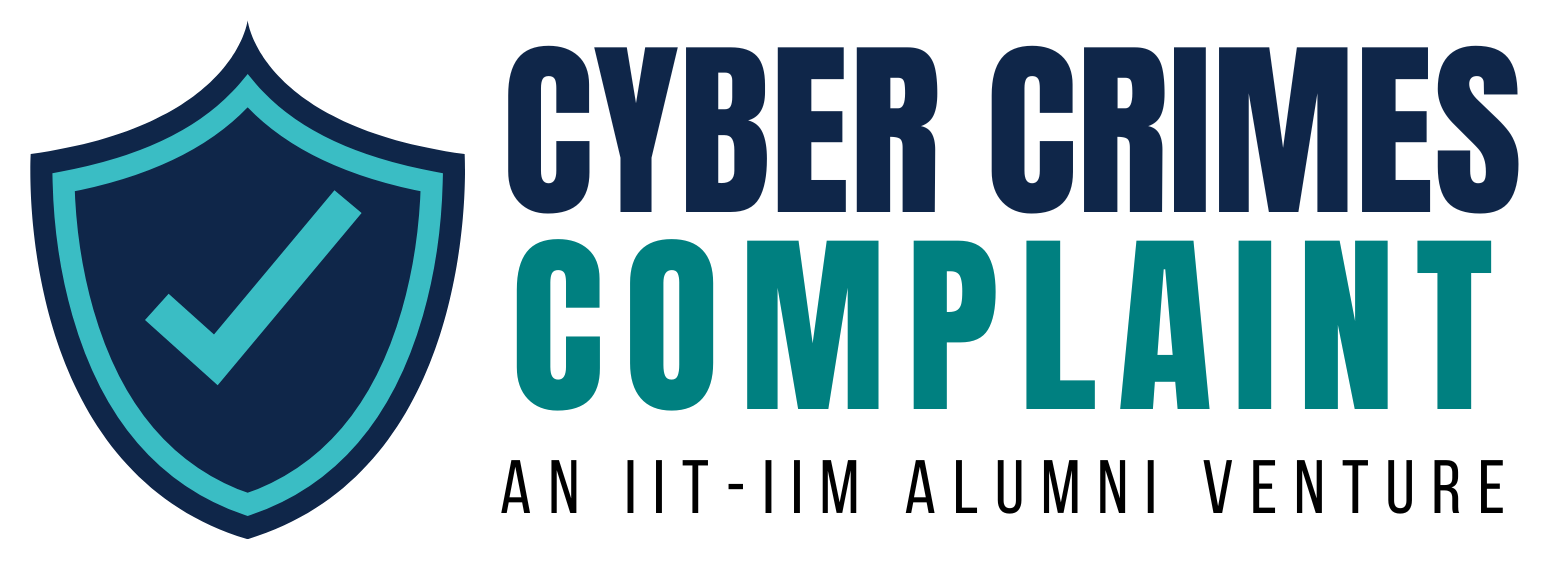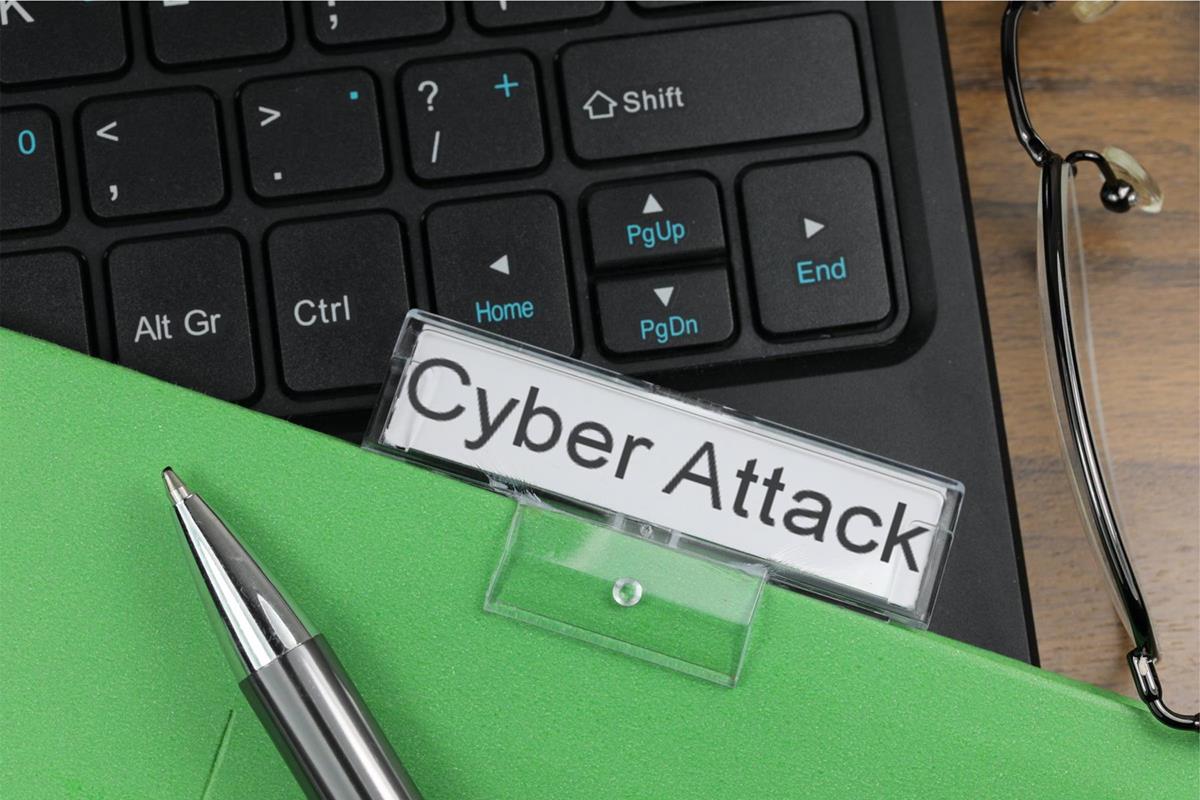Hacking and Unauthorized Access: Defending Your Digital World
In today's increasingly connected cyberspace, hacking and unauthorized access pose significant threats to individuals, companies, and Government agencies alike. Cyber criminals use various techniques to breach digital systems, steal sensitive information, and disrupt operations. At cybercrimes complaint, we are committed to helping victims of hacking and unauthorized access report these crimes, facilitate complaint filing, and secure their electronic data integrity.
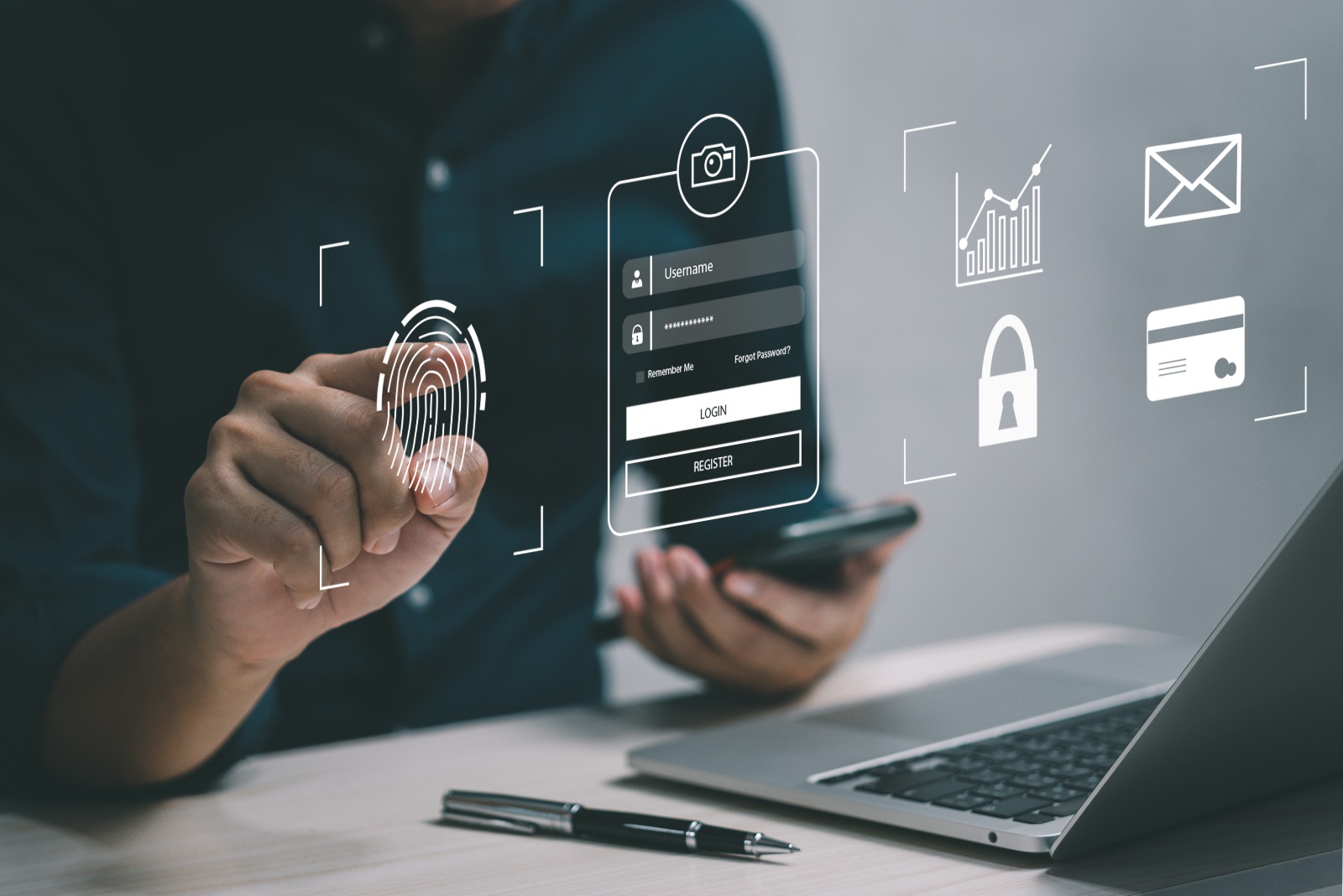
Understanding Hacking and Unauthorized Access
Hacking involves the unauthorized intrusion into computer systems, networks, or mobile devices to steal, alter, or destroy data. Cyber criminals may exploit vulnerabilities in software, use social engineering tactics on platforms like Facebook, Instagram, Twitter, or YouTube, or deploy ransomware to gain access to sensitive information. Once inside, they can cause extensive damage, from stealing personal or financial data to shutting down entire networks.Unauthorized access occurs when someone gains entry to a system or account without permission, often using stolen credentials, bypassing password protection, or exploiting security flaws. This can lead to the theft of sensitive information, unauthorized money transfer, or even the complete takeover of digital accounts.
Common Methods of Hacking and Unauthorized Access
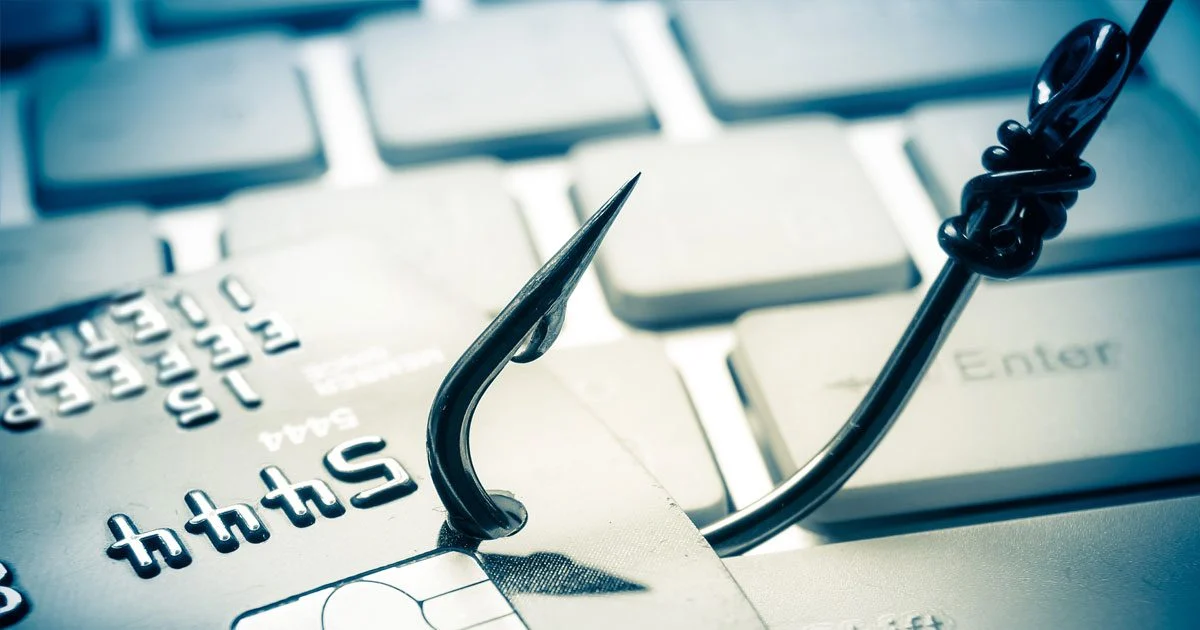
Attackers track users and trick individuals into revealing login credentials or OTP information through false messages, which they then use to gain unauthorized access.
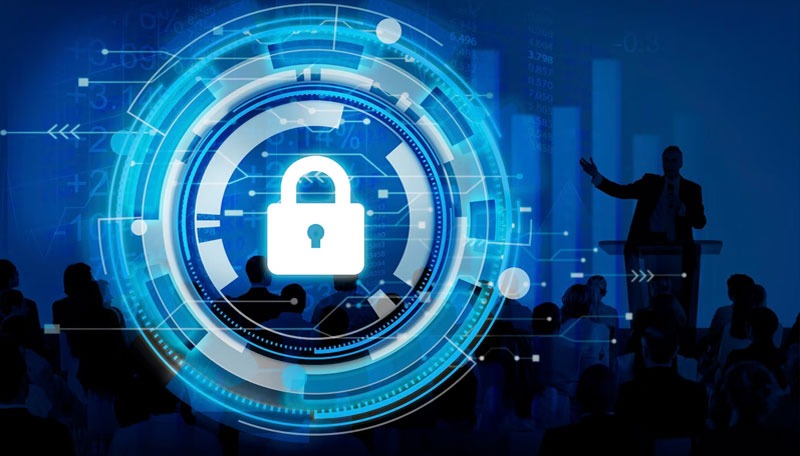
Cyber criminals deploy malicious software to infiltrate systems, steal data, or lock users out of their own devices until cryptocurrency payments or other forms of ransom are paid
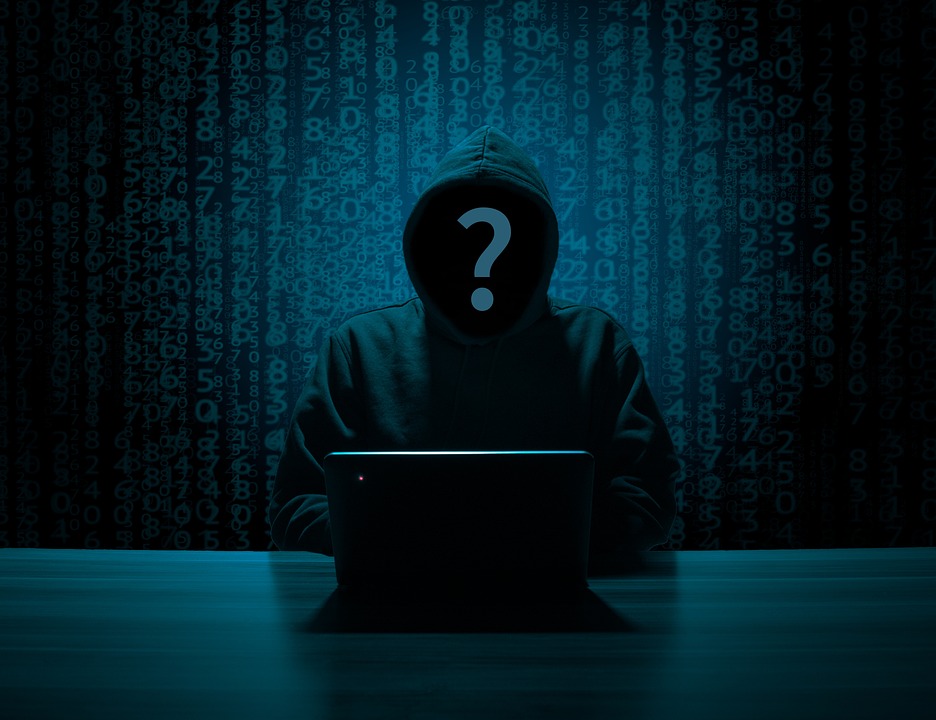
Hackers use automated tools to repeatedly guess passwords until they gain access to a system or account, potentially violating sections of the Indian Penal Code related to electronic fraud.

Attackers identify and exploit weaknesses in website security, networks, or devices to gain unauthorized access.

Cyber criminals use lists of stolen usernames and passwords from previous data breaches to access accounts across multiple social media and financial platforms.

Employees or associates with legitimate login access to systems may misuse their privileges to steal data or cause harm.
How We Can Help
If you've been victimized by hacking or unauthorized access, swift action is essential to minimize the damage and secure your digital assets. Cybercrimes complaint offers comprehensive support to help you respond to and recover from these incidents:We guide you through the steps to contain the breach, secure your systems, and prevent further unauthorized access within minutes of receiving your complaint.
We assist you in filing reports with law enforcement agencies, the National Cyber Crime Reporting Portal, and other relevant authorities to initiate an investigation. Your complaint will receive an acknowledgement number for tracking purposes.
Our experts work with you to recover lost or stolen data, assess the damage using hash value verification, and implement measures to prevent future breaches.
We connect you with legal professionals specializing in cyber crime to help you navigate the complexities of the Indian Penal Code and protect your rights as complainants.
We provide advice and tools to strengthen your digital defenses, including best practices for password management, data encryption, and network security.
The Consequences of Hacking and Unauthorized Access
Falling victim to hacking or unauthorized access can have severe and far-reaching consequences:
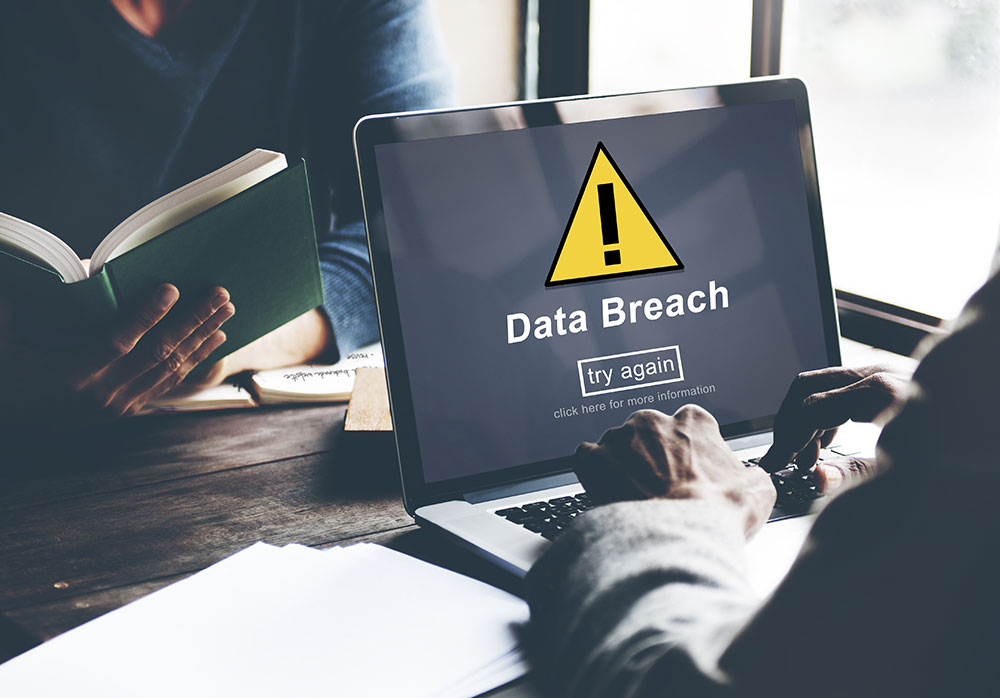
Hackers may steal personal, financial, or proprietary data, leading to identity theft, financial loss, or competitive disadvantage.

Unauthorized transactions, cryptocurrency theft, ransom demands, or the cost of recovering from an attack can result in significant financial burdens, as evidenced by bank statements showing suspicious activities.

Businesses may suffer reputational harm if customer or employee data is compromised, leading to loss of trust and potential legal liabilities.

Hacking can disrupt business operations, leading to downtime, loss of productivity, and additional recovery costs.

Victims may face legal consequences or regulatory penalties if they fail to protect sensitive data or comply with cybersecurity standards enforced by State/UT authorities.
Reporting Through the National Cyber Crime Reporting Portal
The Government of India has established the National Cyber Crime Reporting Portal as an initiative to caters to complaints pertaining to online crimes. The portal provides:
A structured electronic form for filing complaints related to hacking and financial frauds
Options for uploading evidence such as screenshots, videos, images, and documents
A unique alpha-numeric reference number of fixed length that uniquely identifies your report
Status tracking of registered complaints
Anonymous reporting option for certain types of cybercrimes
Special provisions for complaints from foreign nationals
Preventing Hacking and Unauthorized Access
While we are here to support you in the event of hacking or unauthorized access, prevention is the most effective strategy. Here are some tips to protect your systems and data:
Create complex Time Passwords for each of your accounts and change them regularly. Avoid using the same password across multiple platforms.
Add an extra layer of security by enabling MFA on your accounts, which requires both a password and a secondary form of verification such as OTP.
Regularly update your operating systems, software, and devices to protect against known vulnerabilities that could be exploited by traffic to your digital fingerprint.
Keep an eye on your accounts and systems for any unusual activity, such as unexpected logins or unauthorized transactions in your bank statement or credit card receipt.
Stay informed about the latest hacking techniques through informational brochures and pamphlets, and train employees to recognize phishing attempts and other cyber threats.
Regularly backup important files to a secure location to ensure minimal loss in the event your data is compromised. Some complaints can be converted to FIRs by police authorities when sufficient evidence is provided within 67 B of relevant regulations.
If you believe you've been a victim of cyber crime, don't hesitate to contact us via our portal or e-mail. Remember that prompt reporting within minutes of discovering the incident can significantly increase the chances of successful action against suspects.
Get in Touch
If you have any questions or need assistance with a cyber crime issue, please don’t hesitate to contact us. Reach out via email at info@cybercrimescomplaint.com or use our contact form to get in touch with a member of our team.
